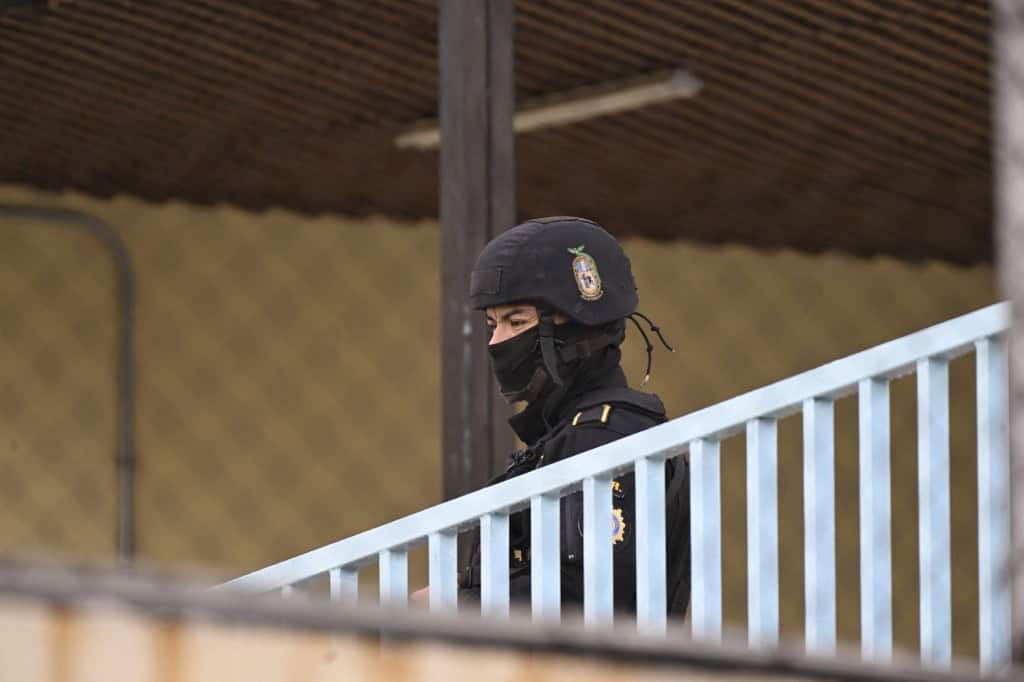The Guatemalan government has put forward a new bill aimed at hitting gangs harder, with steeper sentences and a dedicated high-security prison, as the country grapples with climbing murder rates.
Interior Minister Francisco Jiménez handed the proposal to Congress on Wednesday. It ramps up the punishment for extortion from eight to 15 years in prison, among other changes. The move comes as officials admit violence is on the rise, drawing sharp public outcry.
Jiménez described gangs as structured groups with clear leaders and a drive to expand their hold on territory and operations. “They function like organized crime, with ranks and goals to control more ground and lines of work,” he told lawmakers.
The bill tweaks the criminal procedure code and the organized crime law. It also lays out plans for a prison built just for gang members, equipped with biometric scans to track inmates, cells for two people each, and an internal medical facility to keep transfers out.
President Bernardo Arévalo backed the effort earlier this week, calling it a key step toward safety that families have long pushed for. But he made clear Guatemala won’t copy the approach in El Salvador under President Nayib Bukele, where mass roundups have locked up thousands of suspected gang affiliates – a tactic slammed by rights groups for snaring innocent people.
Gangs like Barrio 18 and Mara Salvatrucha, labeled as terrorist outfits by the U.S., target shop owners and bus operators with shakedowns in Guatemala and neighboring Honduras. Refusal often leads to deadly reprisals.
Recent court actions highlight the threat: A tribunal sentenced six Barrio 18 members to terms ranging from 31 to 106 years for murder and extortion, though Guatemalan law caps actual time served at 50 years.
Jiménez estimates about 12,000 gang members and helpers operate in the country, with another 3,000 already behind bars.The homicide tally tells a grim story. Last year, it stood at 16.1 per 100,000 people; this year, it’s jumped to 17.65, far above the world average, per the National Economic Research Center.
The push echoes steps in the region. In August, Costa Rican President Rodrigo Chaves said he’d seek bids for a secure prison modeled after Bukele’s large facility. Over in Ecuador, President Daniel Noboa is building one as part of his crackdown on crime that’s fueled unrest there.
Guatemala’s Congress now weighs the bill, with a technical group already eyeing tweaks. Operations continue to chip away at gang networks – police and prosecutors recently nabbed over 20 alleged Mara Salvatrucha operatives in raids tied to killings, extortion, and drug links in areas like Barrio El Gallito.
As debates continue, the focus stays on curbing the fear these groups spread through daily threats to businesses and communities.






